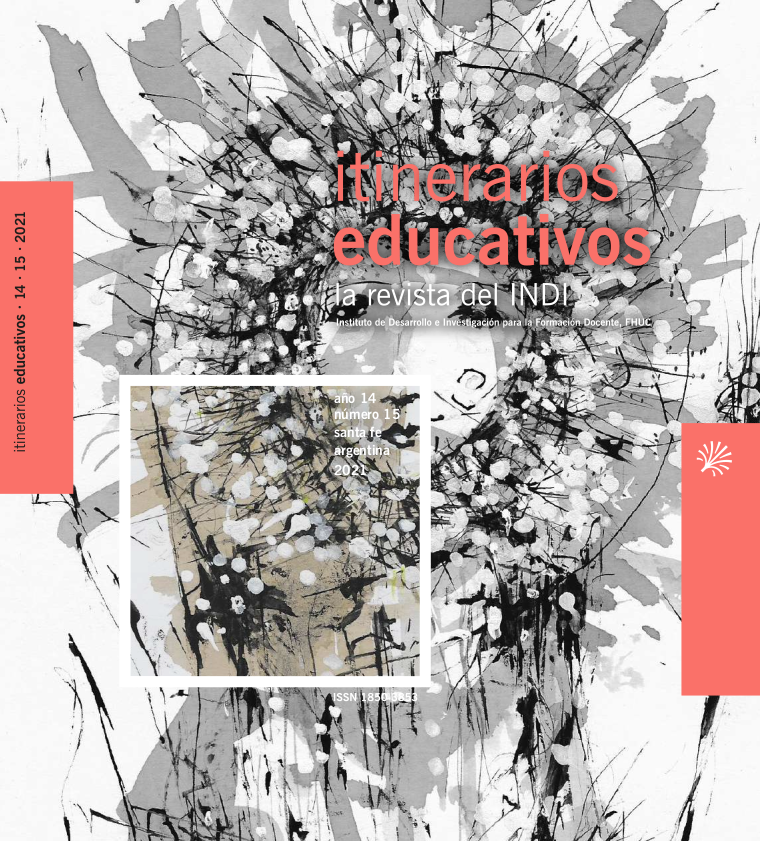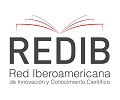Enseñanza de la matemática en la universidad: una experiencia sobre la construcción de relaciones de confianza en el aula
DOI:
https://doi.org/10.14409/ie.2021.15.e0018Palabras clave:
enseñanza de la matemática, universidad, confianza, enfoque de resolución de problemas, Aislamiento Social Preventivo y Obligatorio, inclusiónResumen
Este trabajo pretende dar cuenta de situaciones de enseñanza de la matemática en la universidad orientadas a que todos puedan aprender. La experiencia se refiere a la asignatura Análisis Matemático I, correspondiente al primer año de la carrera de Ingeniería en Electrónica de la Universidad Nacional de Moreno. Se enmarca en una investigación orientada a la inclusión, a través de la conformación de grupos colaborativos de profesores e investigadores que reflexionan sobre la enseñanza. En particular, el equipo de Análisis Matemático I focalizó su atención en generar un ambiente de trabajo que habilitara a los estudiantes a compartir sus producciones, errores y dificultades como condición para la construcción de conocimiento matemático, concibiendo la confianza como constitutiva de la relación pedagógica y como necesaria para que pueda producirse la transmisión. El trabajo, iniciado en 2019, adaptó la propuesta a las particularidades que impuso el Aislamiento Social Preventivo y Obligatorio en 2020.
Publicado
Cómo citar
Número
Sección
Licencia
Aviso de derechos de autor/a
Los autores que publican en esta revista están de acuerdo con los siguientes términos:
- Los autores conservan los derechos de autor y garantizan a la revista el derecho de ser la primera publicación del trabajo al igual que licenciado bajo una Creative Commons Attribution License que permite a otros compartir el trabajo con un reconocimiento de la autoría del trabajo y la publicación inicial en esta revista.
- Los autores pueden establecer por separado acuerdos adicionales para la distribución no exclusiva de la versión de la obra publicada en la revista (por ejemplo, situarlo en un repositorio institucional o publicarlo en un libro), con un reconocimiento de su publicación inicial en esta revista.
- Se permite y se anima a los autores a difundir sus trabajos electrónicamente (por ejemplo, en repositorios institucionales o en su propio sitio web) antes y durante el proceso de envío, ya que puede dar lugar a intercambios productivos, así como a una citación más temprana y mayor de los trabajos publicados (Véase The Effect of Open Access).












